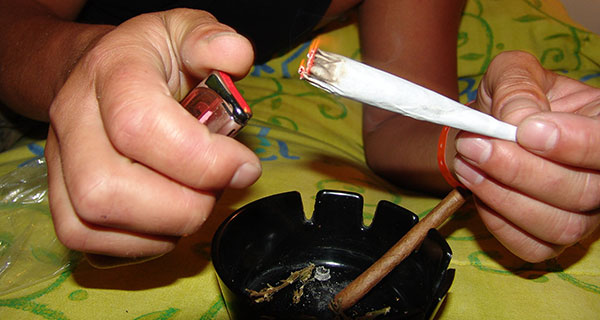
Federal and provincial government take lower than expected because of bumpy rollout, but significant growth expected in sales and taxes
Here’s clear evidence that cannabis is big business.
In the first five and a half months following the legalization of cannabis, Canadian governments earned $186 million from excise taxes and general taxes on goods and services directly related to the sale of cannabis, reported Statistics Canada on Wednesday.
The federal agency said excise taxes are product-specific taxes on goods, and are levied on products such as tobacco, alcohol and fuel. General taxes on goods and services are non-product specific taxes, and include taxes such as the harmonized sales tax (HST), goods and services tax (GST), provincial sales tax (PST) or the Quebec sales tax (QST).
“Similar to alcohol, tobacco and fuel, cannabis is subject to both general taxes on goods and services as well as excise taxes. General taxes on goods or services vary from a five per cent GST in Alberta to a 15 per cent HST in the Atlantic provinces. Excise taxes on cannabis are charged at the higher rate of $1 per gram or 10 per cent of the pre-tax transaction price. Additionally, excise sales tax adjustment rates apply in Alberta, Saskatchewan, Ontario and Nunavut. Manitoba applies a special fee and a wholesale product markup rate in lieu of the federally-administered, provincial portion of the excise taxes on cannabis,” it said.
StatsCan said the federal government drew $19 million in excise taxes, while provincial governments drew $79 million from excise taxes and excise sales tax adjustments. An estimated additional $36 million came from federal general taxes on goods and services, while $53 million came from direct provincial general taxes on goods and services.
The agency said excise taxes from cannabis increased 12.4 per cent in the first quarter of 2019 from the fourth quarter of 2018 on higher sales by licensed producers to distributors. Over the same period, general taxes on goods and services from the sale of cannabis were up 68.1 per cent from increased purchases made by households.
“Federal and provincial government revenue from general taxes on goods and services as well as excise taxes may rise further in the second half of the year, as additional cannabis retail outlets are scheduled to open,” it said.
Robyn Gibbard, economist with the Conference Board of Canada, said the StatsCan numbers are lower than expected “thanks in part to the bumpy rollout of legalization last fall.”
“However, we think that as the kinks are worked out, governments can expect strong growth in revenues from cannabis sales going forward,” said Gibbard.
“There are two more reasons for governments to be optimistic about future revenues: some provinces still have not fully rolled out their retail storefronts, and edible cannabis product legalization remains to come this year. Both moves will boost consumer spending on legal products.”
The views, opinions and positions expressed by columnists and contributors are the author’s alone. They do not inherently or expressly reflect the views, opinions and/or positions of our publication.

